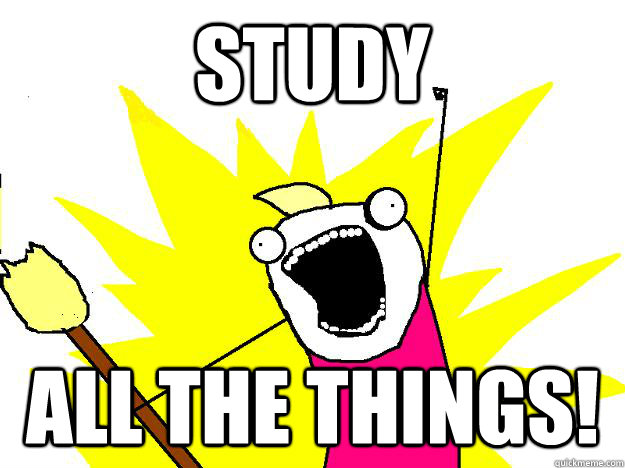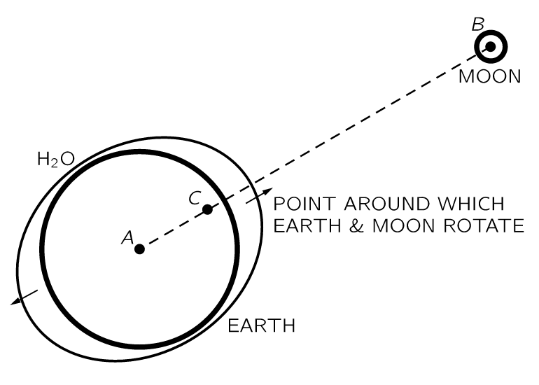October 24 Bucket o' Links: Really Awesome Things Edition
This week's links are related by all being really aweseome, or...something? I should really have words with the version of me that comes up with BoL titles at some point.
In any case, this week has a lot of things I'm planning to write more about soon -- namely, 3 (after I see it in theaters), 4 (tomorrow), 5 (in November), and 6 (at some point); look for them on this blog!
The only thing I have to say about #GamerGate is: Felicia Day, who is a person you know of if you were a nerd who grew up with the internet, has a really nice post on her own blog entitled "The Only Thing I Have to Say about Gamer Gate". For those of you less plugged into the internet gaming community, #GamerGate is more or less a whole lot of uproar by some sexist gamers who are angry that it's not okay in this day and age to be a sexist gamer. Writes Day:
"I have not said many public things about Gamer Gate. I hav tried to leave it alone, aside from a few @ replies on Twitter that journalists have decided to use in their articles, siding me against the hashtag. Why have I remained mostly silent?
Self-protection and fear.
...
HOW SICK IS THAT?"
More at her blog; I'm not going to steal her thunder.
Epilogue: After some trolls, in response to her post, issued public threats against Day and published her address, phone number, and other personal information online, she wrote on Facebook:
I posted this essay yesterday afternoon on Tumblr. Yes, personal information was leaked shortly after, but the








